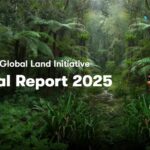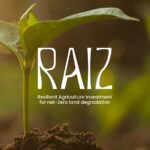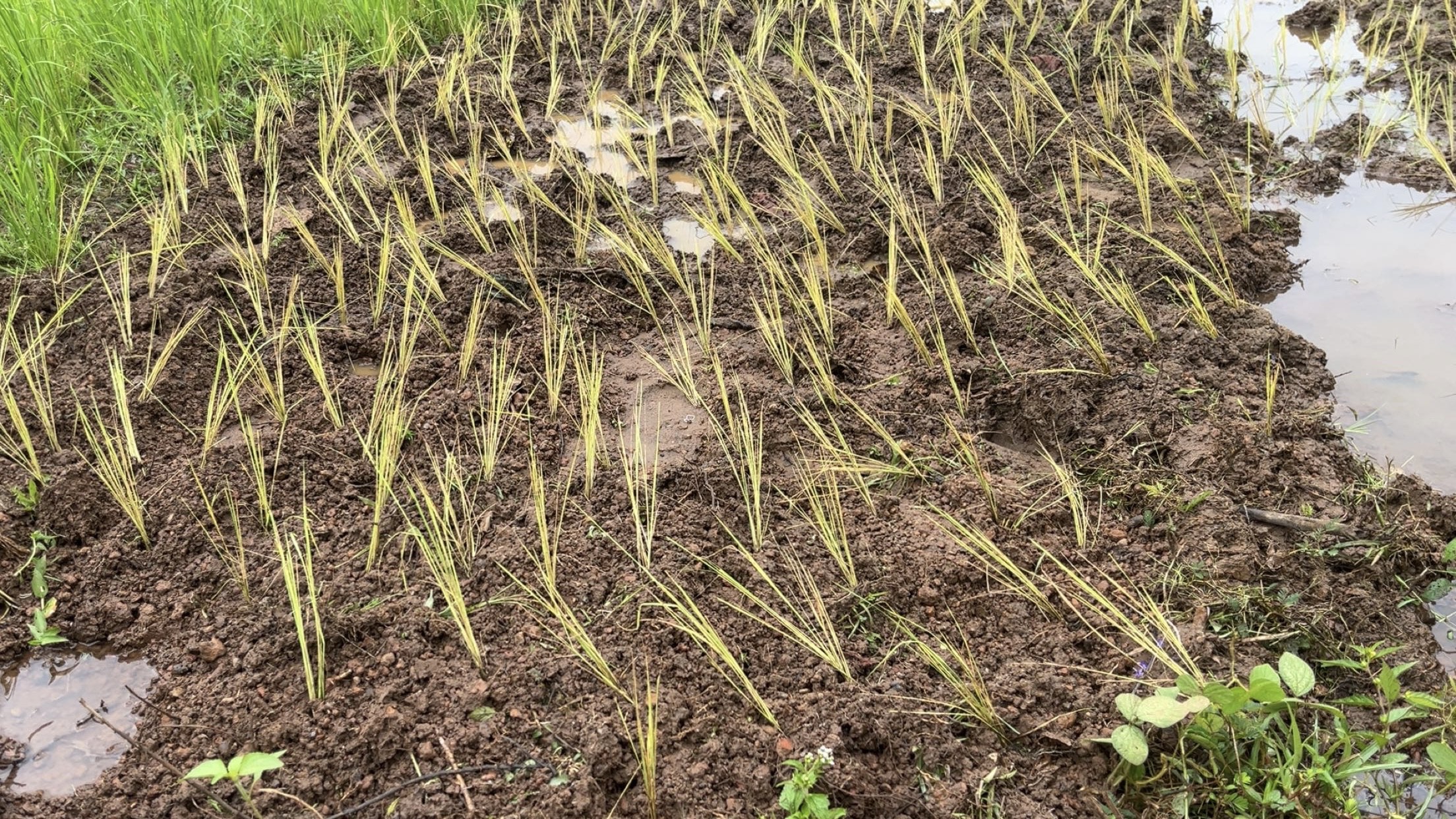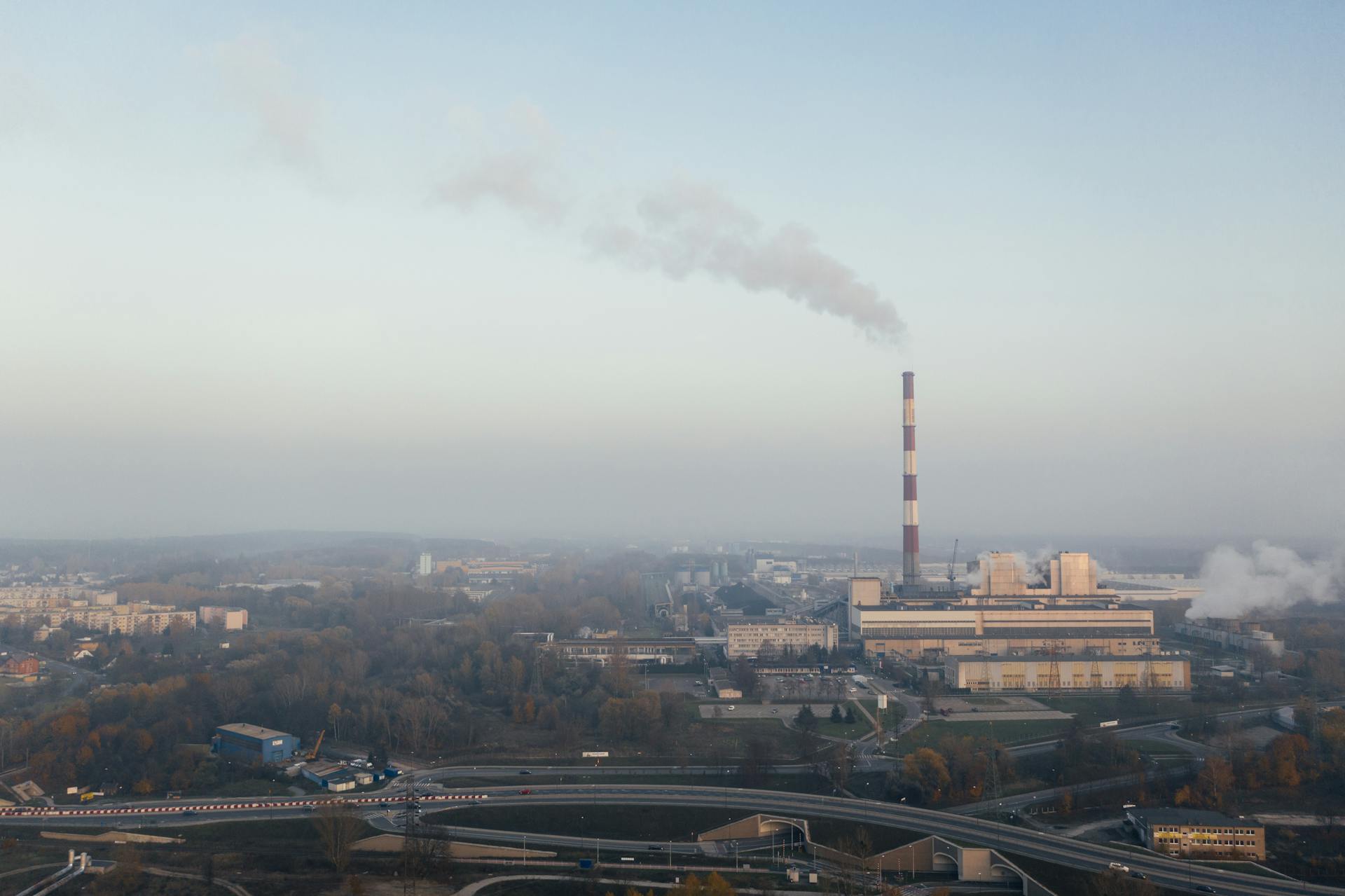Academics are the key in the transition to a sustainable agriculture, and we have a solution
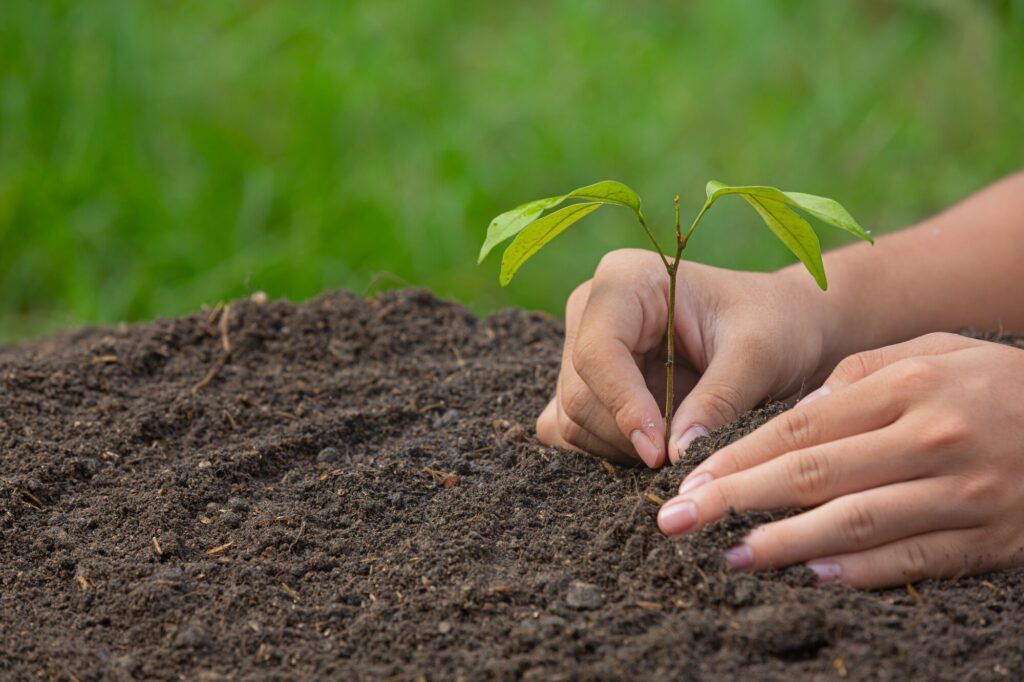
Formal education is where expertise and innovation in any field are born and nurtured. The realm of land restoration within agriculture is no exception.
The need for a formal training to meet both the challenge posed by worsening land degradation, on the one hand, and the ambitious G20 target to reduce degraded land by 50 percent by 2040, on the other, cannot be overstated.
Yet, a closer look at the current landscape in agricultural education, at the university level in particular, reveals a glaring gap that could impede progress towards sustainable land management and restoration.
At least on thousand universities have agriculture in their curriculum at bachelors or masters degree levels. But our educational systems, including most of these university curricular, are falling short in producing individuals with the requisite skills and knowledge, despite the pressing need for professionals and entrepreneurs equipped to address these challenges.
This deficit not only hampers our ability to tackle land degradation effectively, but also limits the scale and scope of land restoration projects.
For instance, the international community has pledged to restore nearly one billion hectares of land by 2030. But the pace of land restoration worldwide is lagging, in part due to the shortage of skilled agricultural extension agents and project managers able to handle large-scale restoration projects.
G20 Land Initiative has embarked on a mission to bridge this gap in formal education. “Trigger Change! Innovative Sustainable Agriculture Solutions for Land Restoration,” the course it launched in January, is just the start to this endeavor.
Scheduled for release in April 2024, it will enable university professors, in agriculture to start with, to have ready-to-use materials for the start of the academic year in September.
At the heart of the course lies a commitment to broadening perspectives and cultivating a new wave of land restorers, on the one hand, and to enabling academics to jump-start and meet this demand in real time, on the other.
To this end, the course is developed collaboratively by experts from around the world, with a view to equip students with a holistic understanding of land restoration and the practical skills needed to effect meaningful change.
The course will provide students with the tools and expertise needed to lead the change in land use by infusing the content on land restoration in a wide range of agricultural practices.
It is also meticulously curated to ensure students take a deep dive into sustainable agriculture techniques, innovation, technology and entrepreneurship, which are all essential components for addressing the multifaceted challenges of land restoration.
Students will have access to the cutting-edge knowledge and resources they require to lay the groundwork for a paradigm shift in agricultural practices. From understanding the socioeconomic implications of land restoration to harnessing the power of technology for monitoring and assessment, students will emerge not only as stewards of the land, but also as pioneers of innovation.
The importance of formal education in land restoration cannot be overstated. But any effort to meet the ambitious targets set by initiatives like the G20 Land Initiative must also invest in education to achieve success.
And academics are the linchpin of empowering the next generation of environmental restorers with the knowledge and skills they need to pave the way for a future where sustainable land management is a tangible reality, not a lofty ideal.
